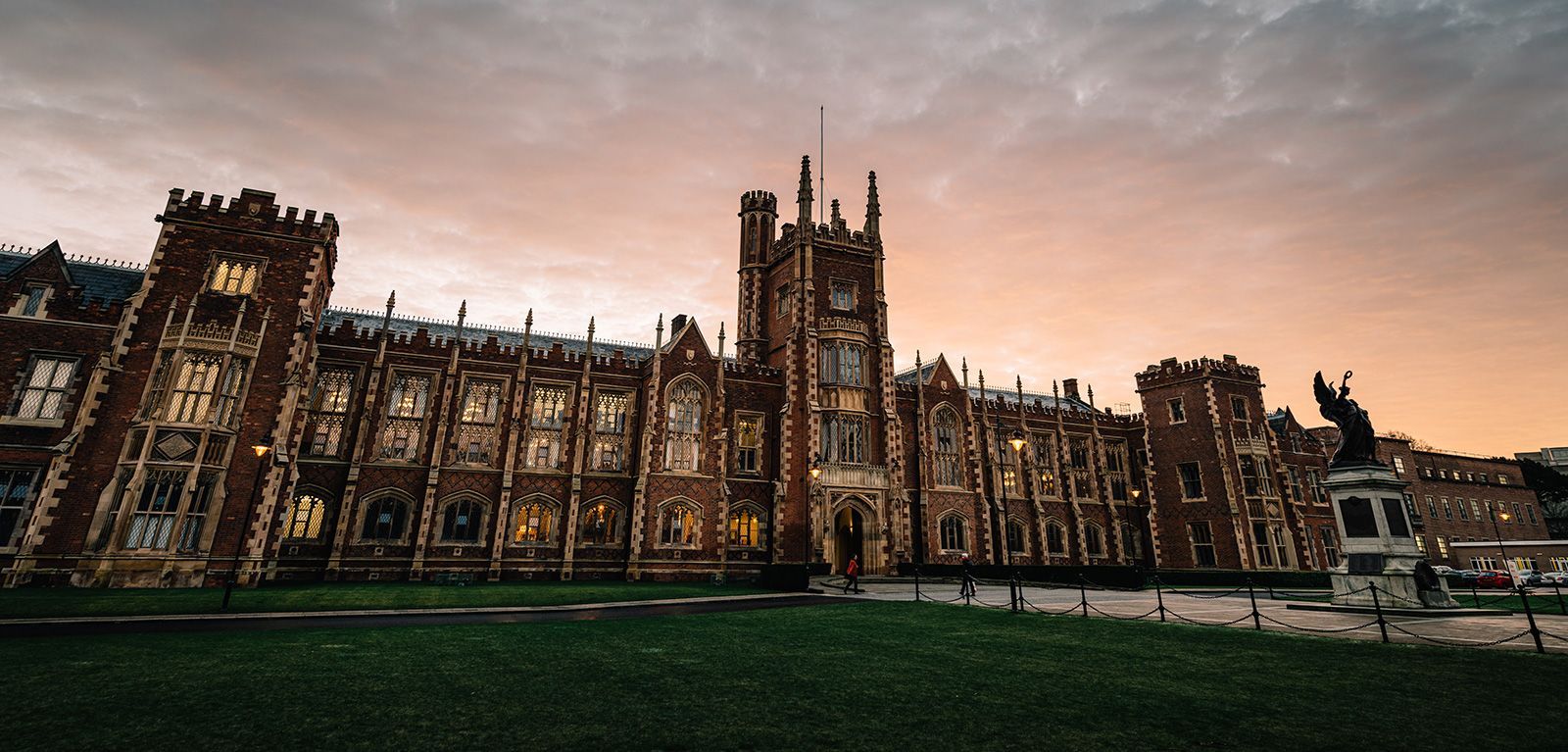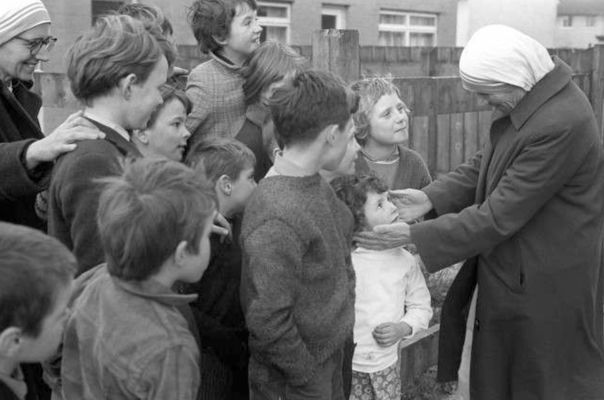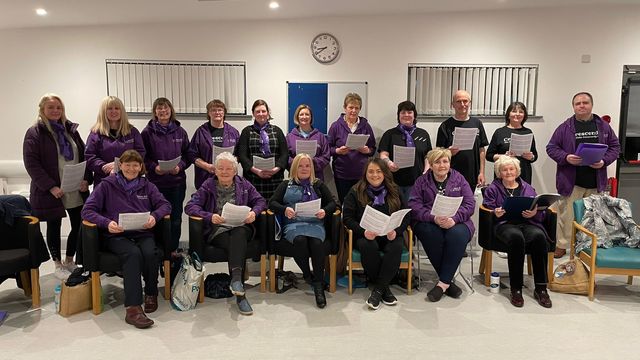COUNCILLOR Stevie Corr has called on Ulster University and Belfast Metropolitan College to follow the example of Queen’s University in providing financial support to students and staff to assist with the cost of living.
Speaking to the Andersonstown News, Cllr Corr said: “I would like to commend this ground-breaking initiative and hope that our other institutions follow suit.
“Students, especially those from deprived communities and working-class families, are struggling.
“I would call on the likes of Ulster University and Belfast Met to do the same.
“We have a number of initiatives such as the Aisling Bursaries in West Belfast which assist students but this response by Queen’s has to be welcomed and I would encourage students from North and West Belfast who are struggling to make use of it as soon as possible.
“We need to have a strategic lead on this and I would hope that this initiative by Queen’s will set the wheels in motion of getting our students the financial help which they require.”
A total of 3,600 students who come from families earning under £25,000 per year will receive a one-off payment of £400 each with all other students receiving a one-off payment of £150.
University staff, excluding senior management, will receive payments of between £500 and £750 dependent on salary level. The university will also allocate £600,000 into a student support fund focused on international students.
A spokesperson for Belfast Met said: "Our students currently face significant barriers to their education and learning as a direct result of the cost-of-living crisis.
"At Belfast Met we have put in a wide range of support interventions to help them overcome these barriers, these include Food Poverty (Breakfast Clubs, Grab and Go, College Food Banks etc), Clothing Poverty (Wear and Share initiatives), Period Poverty (Period Dignity Campaigns and the distribution of products free to the student), Economic hardship (Financial Help and Advice clinics), Digital Poverty (Gifting of devices to students in need) and Energy Poverty (Warm Spaces initiatives, use of College showers)
"Our students have welcomed and embraced these initiatives. One student was quite emotional at one point and told me this was a life saver for her – she had no money and living in student accommodation (she took quite a few items to freeze at home), another student told us they had only 50p left and were starving, another student was so hungry they ate a scone while waiting to register their ID.
"Coming out of a post-Covid 19 environment and into a cost-of-living crisis is compounding the mental health crises faced by our students. Consequently we have also numerous health and wellbeing support interventions available to our students."
A spokesperson for Ulster University said: “In light of the continuing cost-of-living challenges across society, alongside the Ulster University Students’ Union (UUSU) we are supporting the NUS-USI Cost of Survival campaign for students, including introducing a yellow sticker system for unsold food on campus and working to set up food and book banks for those in need.
“Ulster University proactively allocates funds through a straightforward application process to students in financial need and additionally offers both money management and budget workshops to support students to maximise their income and minimise outgoings. The university’s Student Money team is also available for appointments to support any student with money management queries.
“With many students seeking part time jobs to supplement their income, our UUTemps programme enables Ulster University students to access paid part-time jobs on campus. Departments and faculties offer a wide range of casual, part-time roles throughout the year, all of which are designed to fit around and protect the student learning experience.
“During this week, Talk Money Week (7-11 November), Ulster University’s Student Money team and Mind Your Mood placement students will be circulating in the main communal areas on each campus – supporting students to be more comfortable talking about money and to understand that they are not alone in feeling anxious about managing their finances, as well as sharing money saving tips.”








